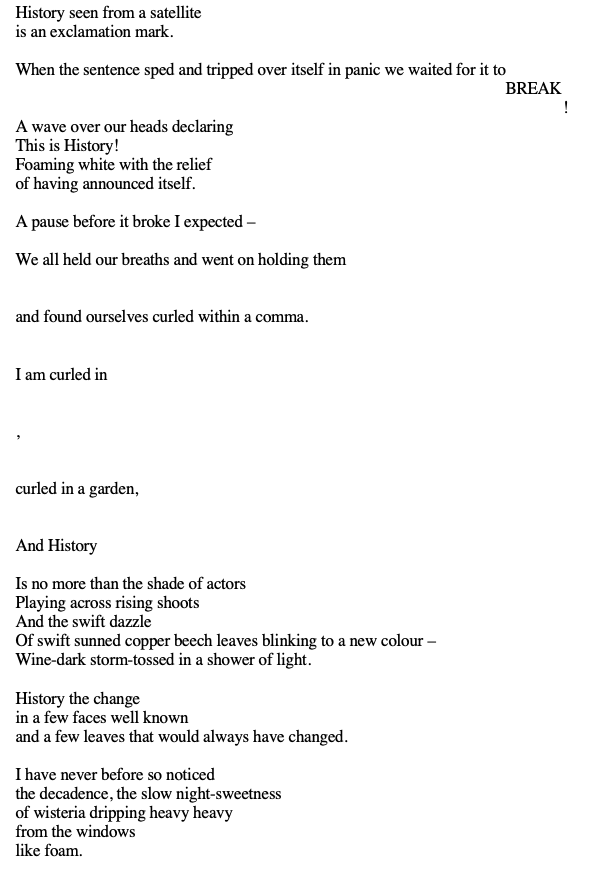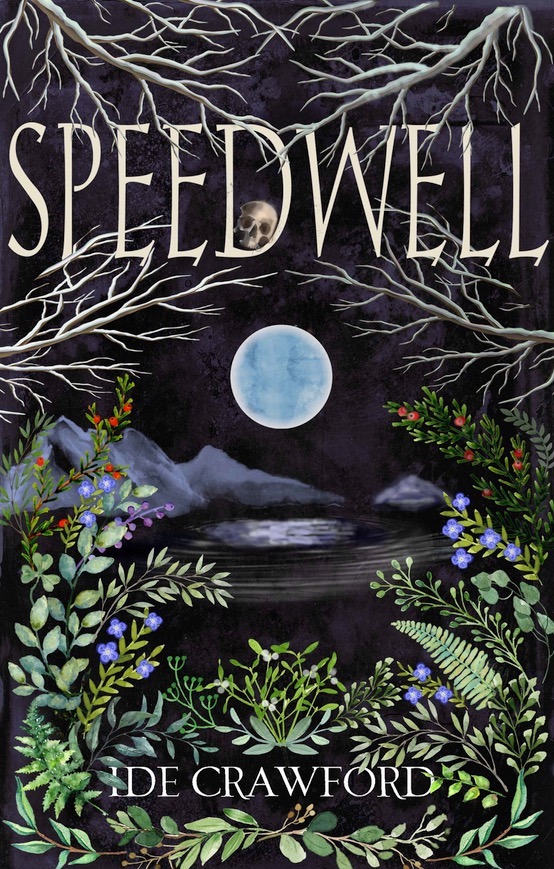
Writing, Reading, Wo/andering

Outside the village in Wales where I was born there was a place the children were afraid to go.
Speedwell is my ghostly teen mystery built around the extraordinary secret history of that place.
Tess has seven days to find a missing person who has been lost for two thousand years. She has enough on her mind already, with Dad recovering from a breakdown for which she feels partly responsible. But soon, as the past bleeds through into the present, she and her brother Robin receive uncanny intimations of the troubles of another family, torn apart two millennia ago.
The corner of the Welsh isle of Anglesey where they are staying seems very ordinary at first, but strange things are washed up in the tide, and at the ruined church a veil of yews is all that hangs between the living and the dead.
Tess and Robin discover that this shore was the stage for the Druids’ last stand against the Romans, a clash that echoes through time. In its aftermath, a father disappeared. Now his daughter hunts for him through the ages, and will not let them be until they join the search – but Tess soon finds that the mystery has a menacing guardian. A quest through natural magic and Celtic myth leads to the heart of a secret darker than she could ever have imagined.

This story, which won the Young Walter Scott Prize 2019, was inspired by folk songs from the north-east of England – about the sea, Arctic whaling, and the press-gang. These set me reading nineteenth-century collections of songs, stories and poems in the dialect of Whitby and the North Riding. I was captivated by suggestive and onomatopoeic but now forgotten words and turns of phrase. The words had mostly Norse roots, and I realised that the dialect, like the weather and livelihoods of the people of this coast, had drifted to Whitby by sea from the far north.
This story was inspired by Pontormo’s Annunciation in the church of Santa Felicita in Florence. It was painted 1527-8, during a time of crisis in Italy after the collapse of the lengthy peace engineered by Cosimo de Medici.
The Italian republics, until recently the cultural and financial heart of Europe, were being subdued one by one by foreign powers.